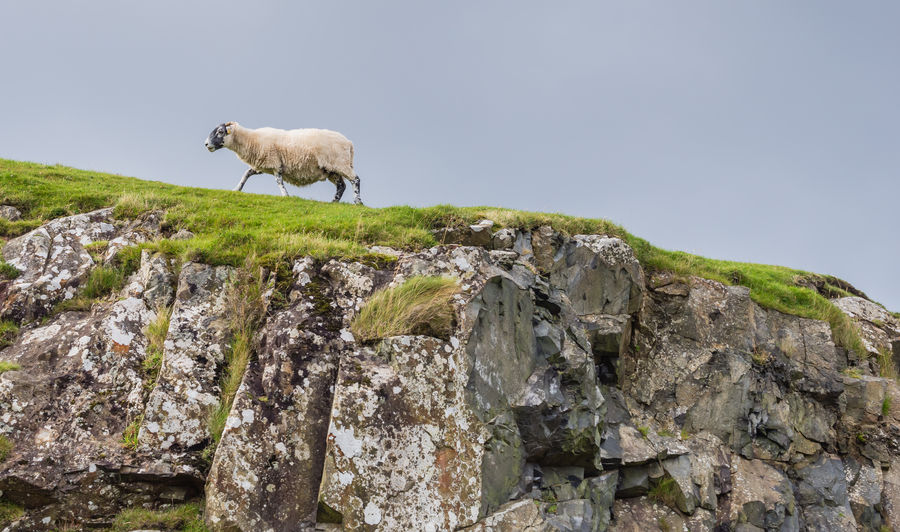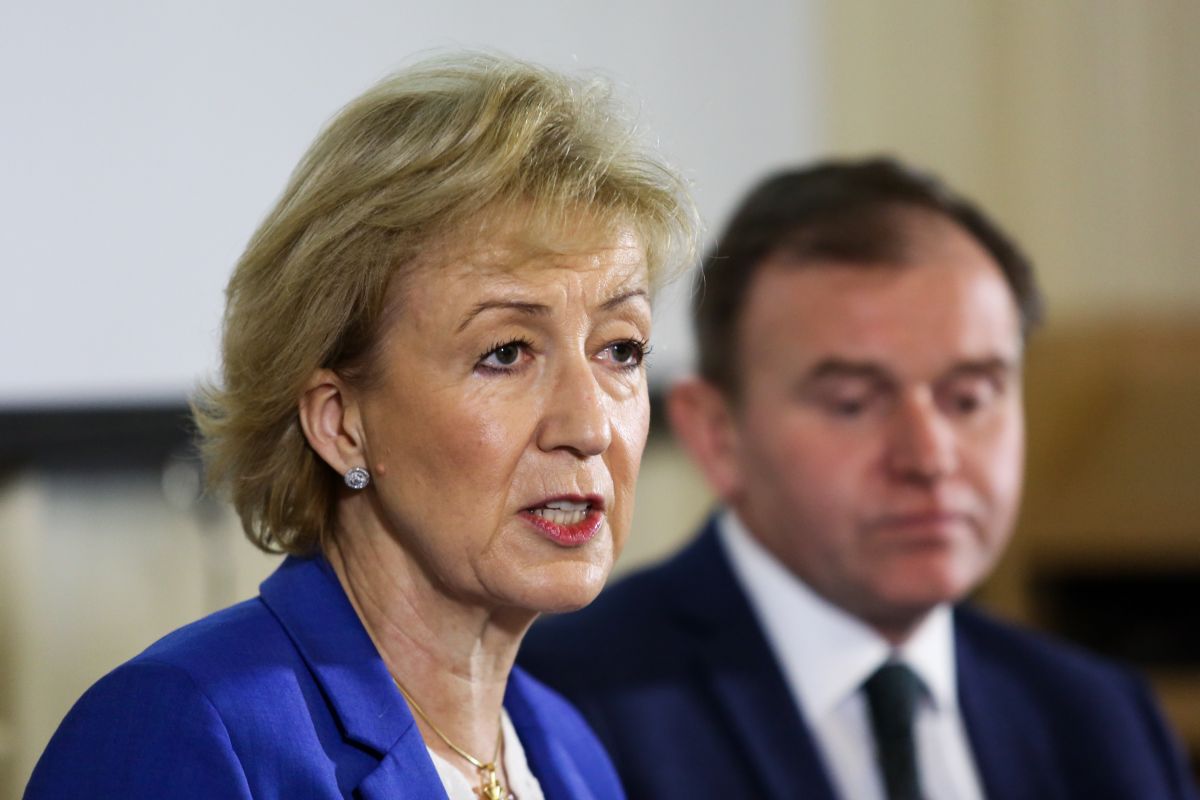
Prime Minister Theresa May's Brexit plans 'lacked detail' and could 'practically crucify' the Scottish rural economy, MPs have said during a debate in the House of Commons.
Calum Kerr, Scottish National Party MP for Berwickshire, Roxburgh and Selkirk said the government must offer a 'clear statement' on how they intend to mitigate the impact of leaving the EU on rural areas.
"They must do so now because the combined threat of the loss of direct funding, an end to tariff-free trading and the abolition of the free movement of people could have devastating consequences for rural communities throughout Scotland and, indeed, the rest of the UK.
"The Prime Minister set out 12 points in her speech, but people in my constituency are not reassured, because it lacked detail and certainty.
"We are told that Brexit is about a more global Britain, and that the process will represent a clean break. Well, let me be absolutely clear in stating how far removed from reality that rhetoric is," the MP said.
"Will the Government take this opportunity to recognise the potentially devastating impact that a hard Brexit could have on the Scottish rural economy or will they be content to make a desert of rural Scotland in the name of Brexit?"
Pete Wishart, SNP MP for Perth and North Perthshire, said Brexit "will perhaps be remembered as the biggest single act of economic self-flagellation ever inflicted on a nation. It will practically crucify our rural economy."
'Deep concerns'

Much of the concern revolved around keeping up with current European Union farming subsidies after Brexit.
Ms Margaret Ritchie, SDLP MP for South Down said there was a similar situation in Northern Ireland where 80% of farm incomes are dependent on European resources.
She said there was a fear that current funding is 'not likely to come from the Treasury': "Thus undermining local rural economy and agricultural enterprises."
But Jake Berry, Conservative MP for Rossendale and Darwen said leaving the European Union could present an opportunity for the government to refocus on marginal areas of the rural economy.
"Specifically the uphill farms in Lancashire and Scotland. Farmers in Lancashire are hoping for more from Brexit, just as farmers in Scotland will be hoping for more from Scexit?" he inquired.
"I have deep concerns about its support in the future," Mr Kerr replied.
"I want to make a point about the level of funding because we need the Government to step up. I would like to talk about lamb when we look at trade, because it is one of the most threatened trade areas."
"Another area in which the rural economy has benefited massively from EU membership is freedom of movement. For significant portions of the Scottish rural economy, access to a seasonal workforce is a vital factor in keeping their operations sustainable."
Bespoke rural economy
Defra secretary Andrea Leadsom was also present at the debate and re-assured farmers across the UK that they will receive the 'same level of financial support' under pillar one until 2020.
"For rural development programmes, agri-environment schemes and the European maritime and fisheries fund, we will guarantee projects that are signed before we leave the EU for their lifetime, even when this stretches beyond our departure from the EU.?
"We should all be proud of the world-class food and drink those industries produce and the role they play in our national life. The rural economy matters enormously.
"Leaving the EU will give us the chance to develop policies for the rural economy that are bespoke to the needs of this country rather than the different approaches and circumstances of 28 different member states."
Mrs Leadsom said she made it clear that her two long-term ambitions are to make a success of the farm industry during Brexit and exporting more British food.
"These ambitions look far beyond tomorrow; they are about long-lasting change and real reform. They form the bedrock of a balanced approach to policy, and the success of one is integral to the success of the other."
David Rutley, Conservative MP for Macclesfield, echoed Mrs Leadsom's views: "For too long, it has had all the hallmarks of a system created in the 1950s.
It is over-bureaucratic and designed for the needs of 28 states, not the primacy of the UK national agricultural interests that we have to have in mind.
"Brexit will bring us a huge opportunity, so the passing of the CAP will not be mourned. We will create a better approach. The Prime Minister has already said that there are going to be protections for pillars 1 and 2 of the CAP until 2020."
